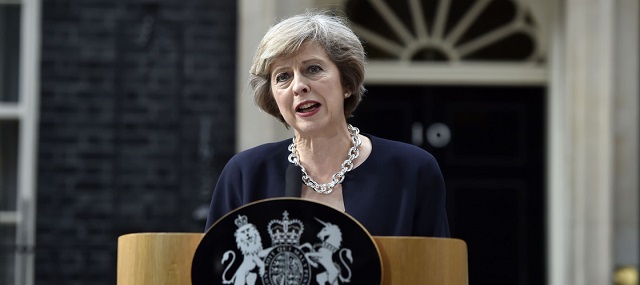‘May must get parliamentary approval to initiate Brexit’

The British Supreme Court has ruled the government must seek parliamentary approval before formally initiating the process to leave the European Union.
Yesterday’s decision, which affirms an earlier High Court ruling, is a setback for Prime Minister Theresa May, who intends to invoke Article 50 of the Lisbon Treaty to leave the bloc by the end of March this year.
The UK’s 11 most senior judges voted by eight to three to reject the government’s appeal against the earlier ruling.
In his statement, the presiding judge, Lord David Neuberger, said the act of parliament establishing the referendum to leave the EU did not say what should happen as a result.
“Any change in the law to give effect to the referendum must be made in the only way permitted by the UK constitution, namely by an act of parliament,” he said.
“To proceed otherwise will be a breach of settled constitutional principles stretching back many centuries.”
The ruling means May must put forward legislation to initiate Brexit to MPs for approval, a vote she would almost certainly succeed in passing as the leader of the opposition Labour Party, Jeremy Corbyn, is expected to order his MPs to vote in support of it.
Corbyn reacted to the decision on Monday, saying that his party “respects the result of the referendum and the will of the British people and will not frustrate the process for invoking Article 50”.
He also urged the government Brexit plan to include accountability to parliament during exit negotiations as well as a vote on the final deal.
A spokesperson for the government said it would be setting out its next steps shortly but insisted there would be no changes to the current timetable for Brexit. — Al Jazeers











Comments